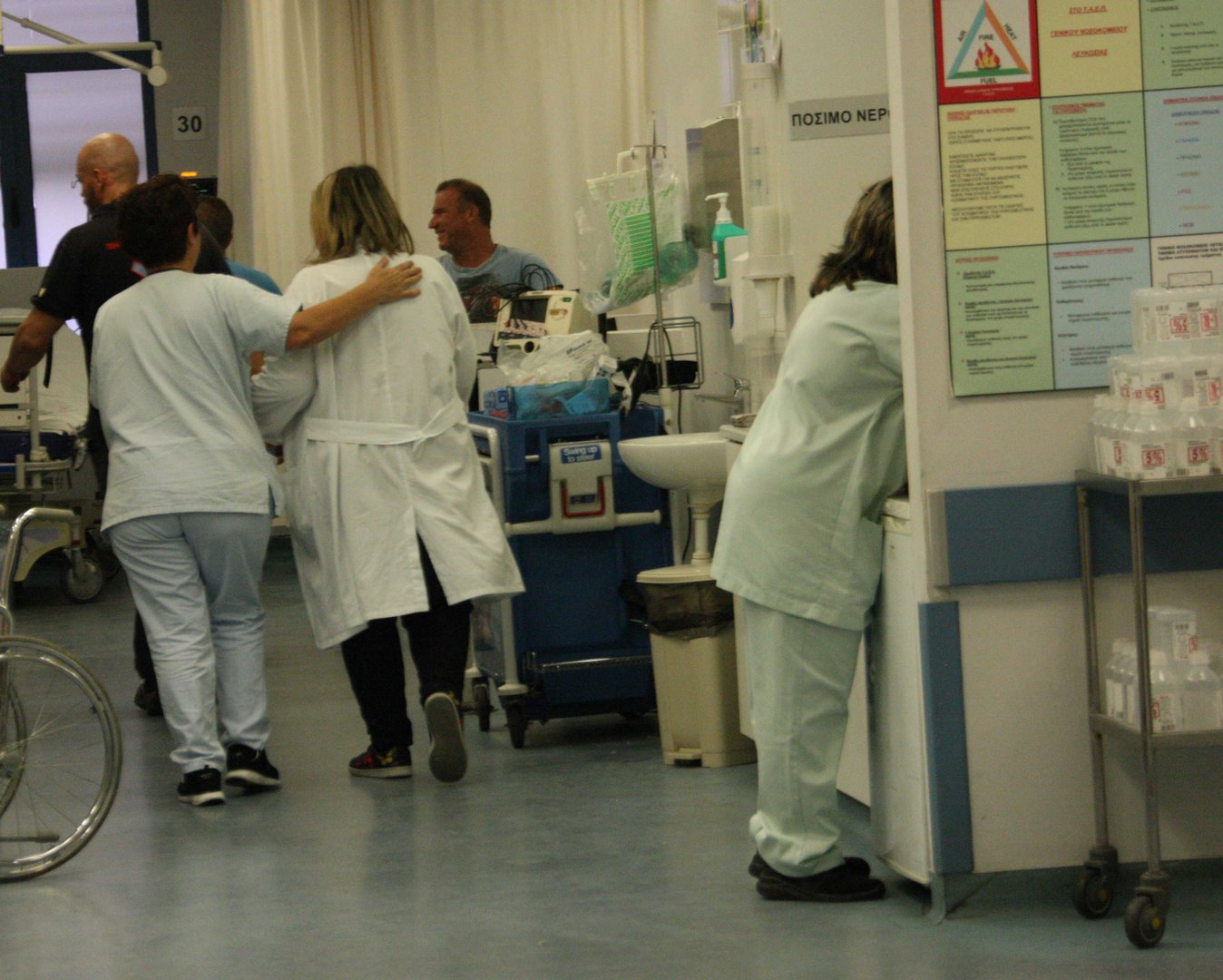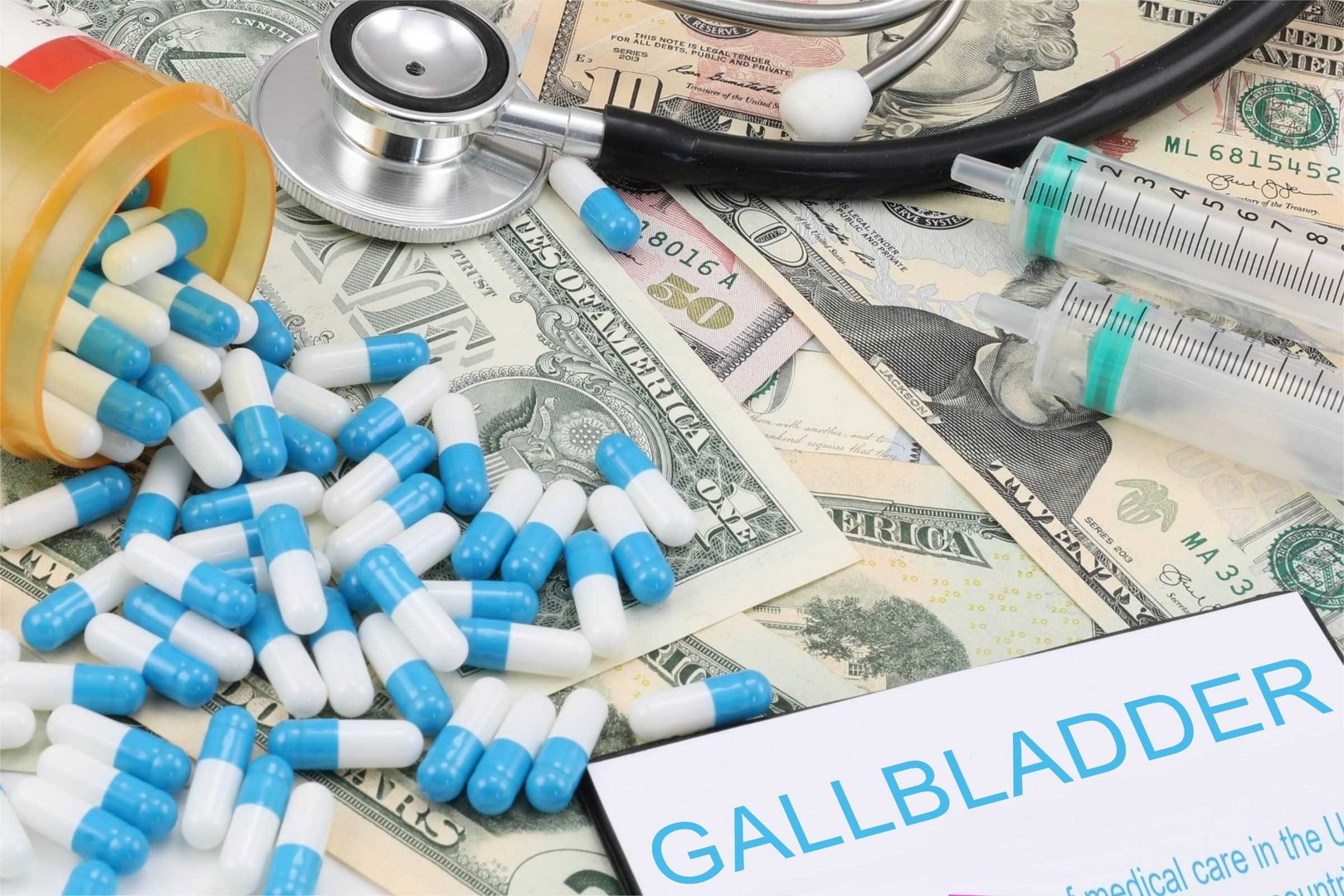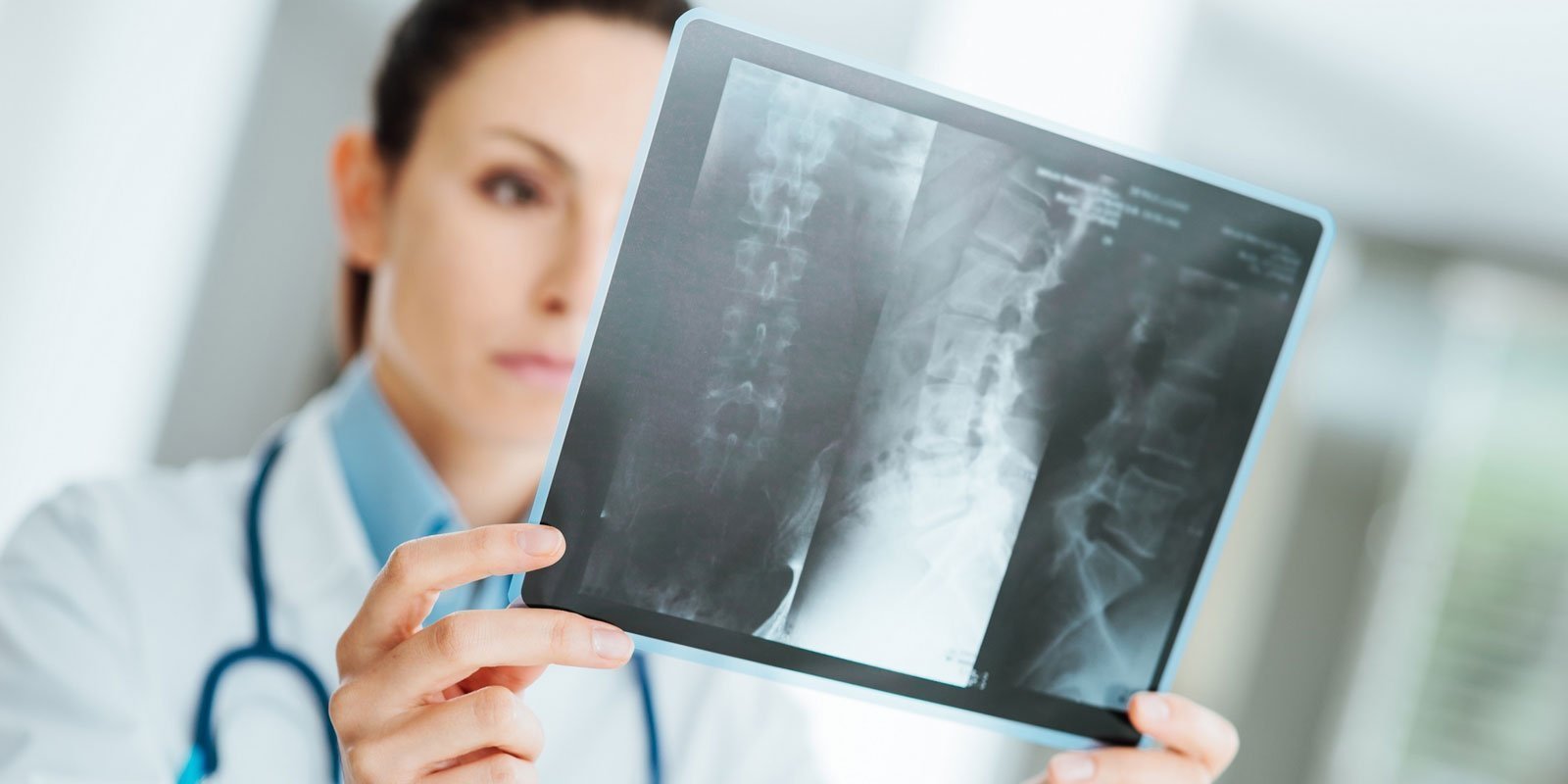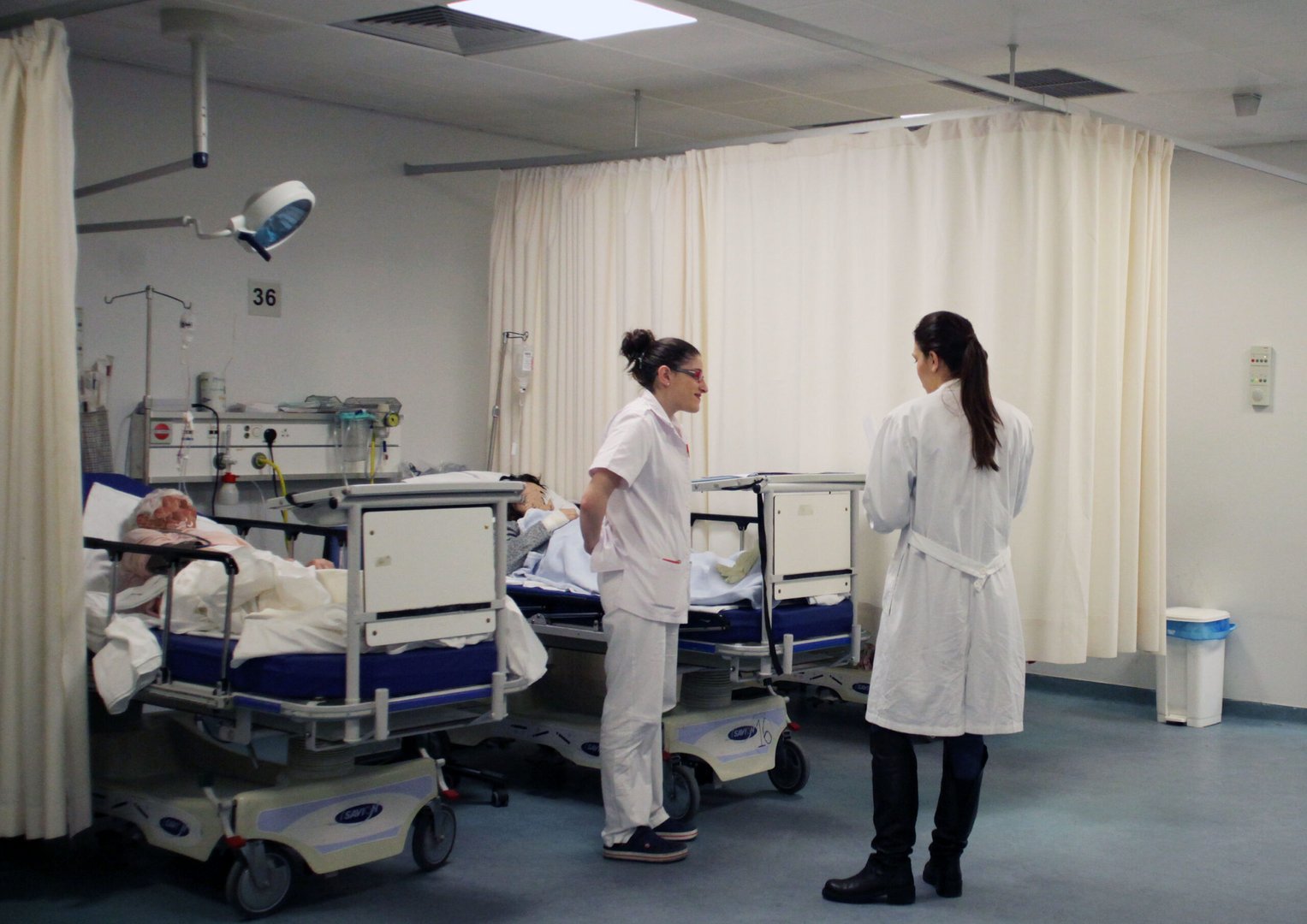Gesy treatment begins with your GP referral – a very dangerous situation when an emergency combines with an unavailable doctor
You’ve spent two nights in excruciating pain. Come the third you visit the A&E and spend the entire night there. They say your heart and x-rays are fine, hand you blood results at 5am without a word about what is actually wrong with you.
You ask for a diagnosis. There’s no answer, and you’re handed a prescription for some pills to reduce stomach acid – a clue perhaps – and sent on your way. Four agonising days at home later, and still three days away from when your Gesy GP says she can see you, you’re being told by a radiologist that you need immediate hospitalisation and shouldn’t even go home to pack a bag.
This is not so much a tale of woe as it is one of bureaucracy. I am exceedingly fortunate to pay a radiologist 100 euros for a proper diagnosis and to have avoided possible death while waiting over a week to see my Gesy doctor, despite telling her secretary I had been in the A&E the night before. The condition is not central to the saga – cholecystitis, a gallbladder infection – but it was life threatening at that stage after days without treatment, and was spreading towards the pancreas.
Journalists write a lot about Gesy but there is nothing like seeing it all first hand. I managed to avoid needing a doctor for the first two years of Gesy but bit the bullet during the summer, when I also needed to complete the registration process. My mistake in hindsight, was to choose an inaccessible doctor at a state-run outpatients’ clinic and not a doctor who had joined to Gesy from outside the public sector system. I should have remembered that the people on the other end of the phone are civil servants and act accordingly. Many people have only good things to say about their Gesy doctors.
My neighbour has the same doctor as me. Tired of trying to get an answer on the phone, she marched down there one day but couldn’t get past the secretary who had a go at her for complaining. The neighbour’s husband had gone through seven months of agony waiting to be treated for kidney stones before they gave up and went to a private clinic that depleted their savings by several thousand.
When I tried to make my first appointment this year, my chosen GP could not possibly see me as she was going on holidays until August 16. This was the last week of July. No alternative was suggested.
The recent night in the A&E was a particular kind of horror and many, many people are going through this. You don’t need to ask around much. The friend of a friend recently spent 11 hours there and ended up leaving to seek private treatment. But what about all those who don’t have that option?
That night in A&E did not seem to be packed, maybe five people waiting and possibly another ten on the screened-off beds so I can’t imagine what it might be like on a busy night. As it was, no one came to ask what the problem was, or the location of the pain. Triage? What’s that? One woman was crying with the pain in her legs. They wanted to send her for an X-ray. She pleaded with them that she could not walk and begged for a wheelchair, which was eventually provided after some arguing back and forth.
The lack of empathy was what was most disturbing. That is not to say they were not technically doing their jobs properly, and it would be easy to become desensitised when you get to see a wall of wailing patients 24/7, and the numbers keep on rising, and of course there is a pandemic. It happens to journalists as well. That road death is a family tragedy but nearly always presented as just another statistic.
Back at the A&E, the first things they do are rule out that you’re having a heart attack, take blood and send you for an X-ray. You have to wait three hours for the blood results to come back. In the meantime irrespective of how much pain you’re in, they don’t seem to care much as long as it does not look like you will die on the spot, which is a comfort in a warped sort of way.
On a bed eventually, they didn’t ask where the pain was, even though your entire upper body, back and front and chest is on fire. There is no abdominal poking that might have revealed where the problem was. You plead for a painkiller. The painkiller doesn’t work and they’ve thrown you out of the bed by then and back to the chair to wait for the bloods.
As a distraction you shuffle sideways and bent up and down the walkway like a cast member from The Walking Dead, hunting for a sympathetic nurse or doctor that could just take the pain away for a bit.
There is general agreement that the pain from cholecystitis, even though I had no idea that was the problem then, is regarded as being worse than childbirth. I would have to agree but at least with childbirth, you know the pain will end and you get a baby afterwards as a bonus. There were moments in that A&E where if I had died, I really could not have cared less. My pleadings did produce a shot of pethidine at 1.30am, which worked about 80 per cent.
I went home at 5am with the blood results and in much less pain. I didn’t look at the paper until later the day after and realised that the top result – and it was flagged with a + sign – that my white blood count was too high, usually a sign of infection. Had anyone in the A&E suggested I might need to look into that, or God forbid, see a doctor? Nope.
In the morning, November 16, I tried to get to see my GP, explaining I had been all night in A&E and needed to know the next steps as I still had no clue what was wrong. Someone would call me, I was told. They did, telling me I could see her on November 22, a week away. I tried to explain I didn’t think it could wait but the secretary was having none of it and hung up.
The next two days I worked from home, much weaker but managing not to trigger the inflammation again. I thought I could stick it out until my appointment on the following Monday but woke up at 4.30am on the Friday in agony and decided I could not go through the weekend like that, still not knowing what was wrong.
I made five calls to the outpatients’ clinic between 8.30am and 10.30am that Friday. I had no other number. No one even picked up. A colleague arranged an appointment with a private radiologist who is also with Gesy and a friend brought me there around lunchtime. She diagnosed the problem rapidly with a simple ultrasound and said I needed immediate treatment.
I had to pay because my elusive GP had not referred me for the ultrasound. Ditto at the private clinic we went to. Even though the Gesy radiologist had provided the diagnosis, it was not enough to get a bed in the clinic through Gesy, and no matter which clinic I went to, it would be out of my pocket. It all needed a GP referral. The alternative was A&E at the general hospital. No way. I was paying.
But what about those not in my situation? If I had not been someone with a job, financial means, and reasonably healthy for my age, would I be dead already waiting for my GP appointment or in danger of losing both my pancreas and gallbladder? How many elderly people have died at home untreated because in the words of one nurse at the clinic: “They only care about Covid”.
My GP appointment came around while I was still in the clinic I had chosen, one that is not affiliated with Gesy. I waited a polite ten minutes to see if my GP’s secretary would call to ask why I was not there. Nope. I called and said I could not make it as I was in a hospital and could she kindly tell the doctor.
She comes back on the phone:
“Ok we’ve cancelled your appointment. Thank you for letting us know”.
“Doesn’t my doctor want to know why I am in the hospital?”
“Give me your number.”
They called back two hours later but I was in the bathroom. I called right back within a minute. No answer. It was only midday.
I was willing to give the doctor the benefit of the doubt that she perhaps did not receive the messages properly, given where she works. She had called unsuccessfully on the Monday and the Tuesday but each time I called back within a minute, no one picked up. We finally connected on Wednesday, the day after I got home, and I asked about seeing her to discuss the next steps – gallstones removal. This was November 24.
“Well, I’ll be away until December 6.”
“Can I see you then?”
“Well, that might be a bit difficult. We’ll call you”.
The call came. She could see me on December 9 and I’m thinking: “Over my dead body.”









Click here to change your cookie preferences